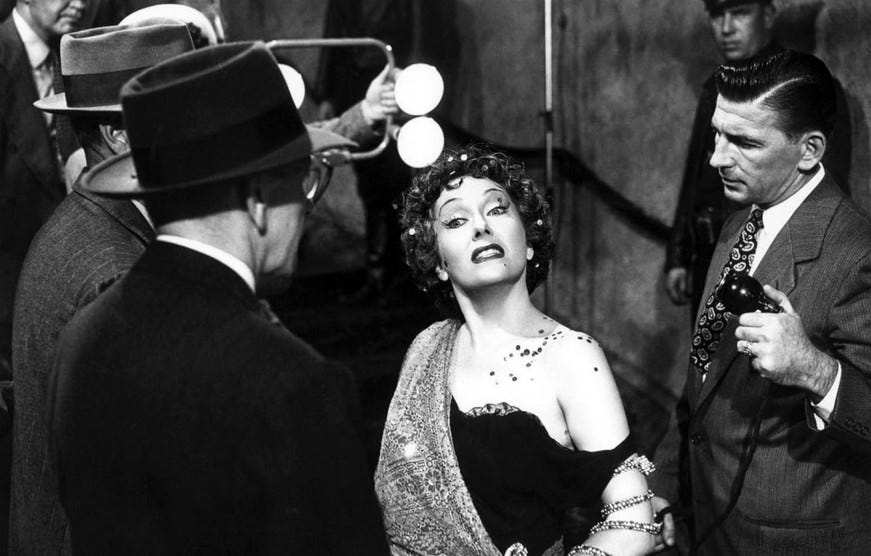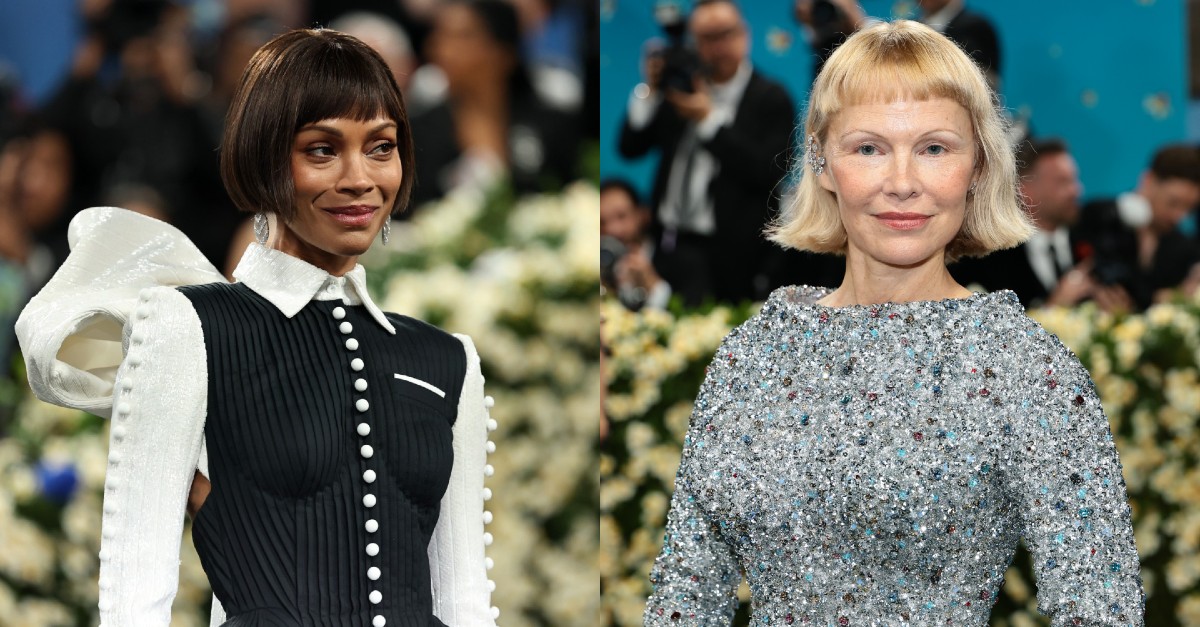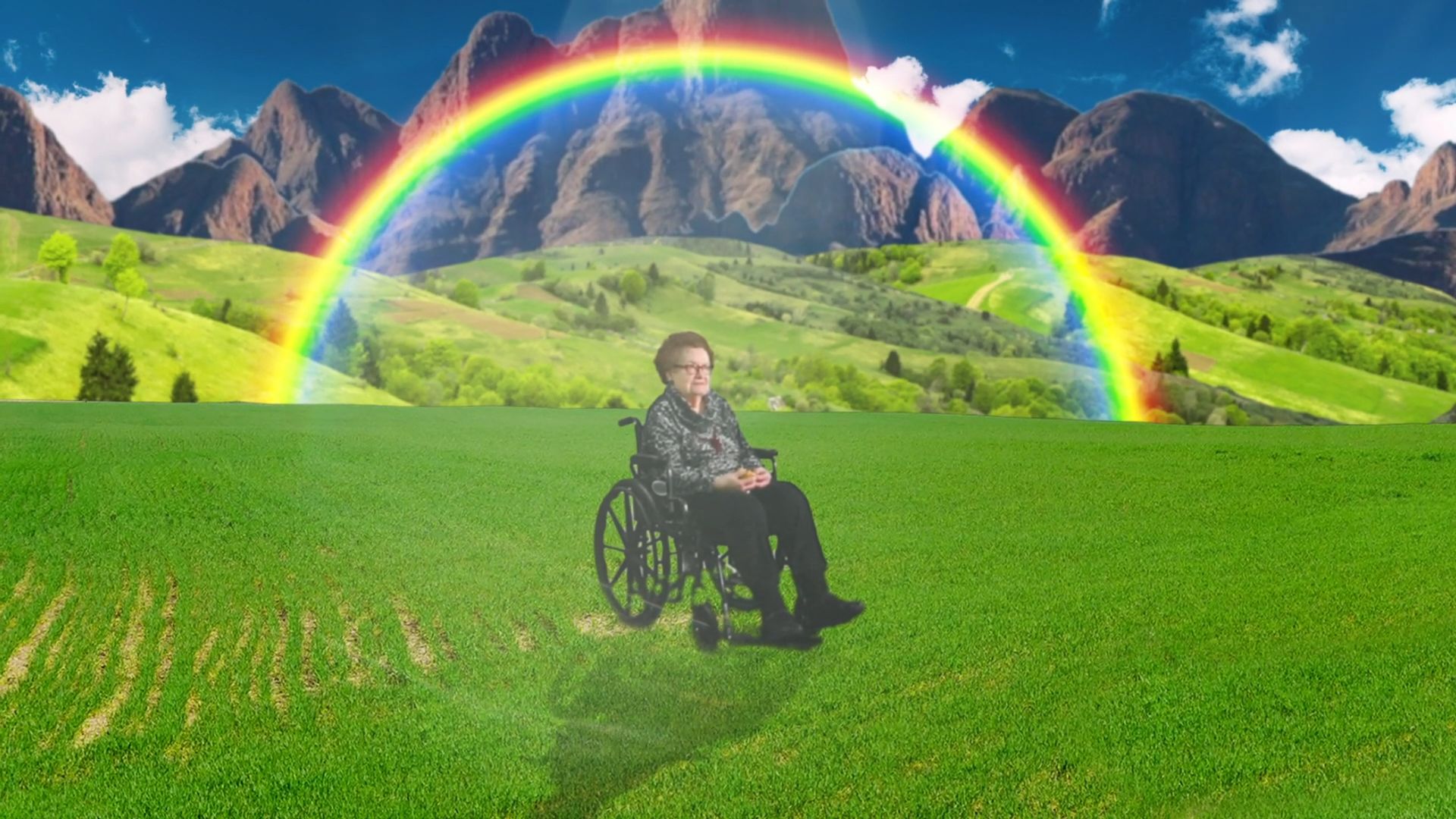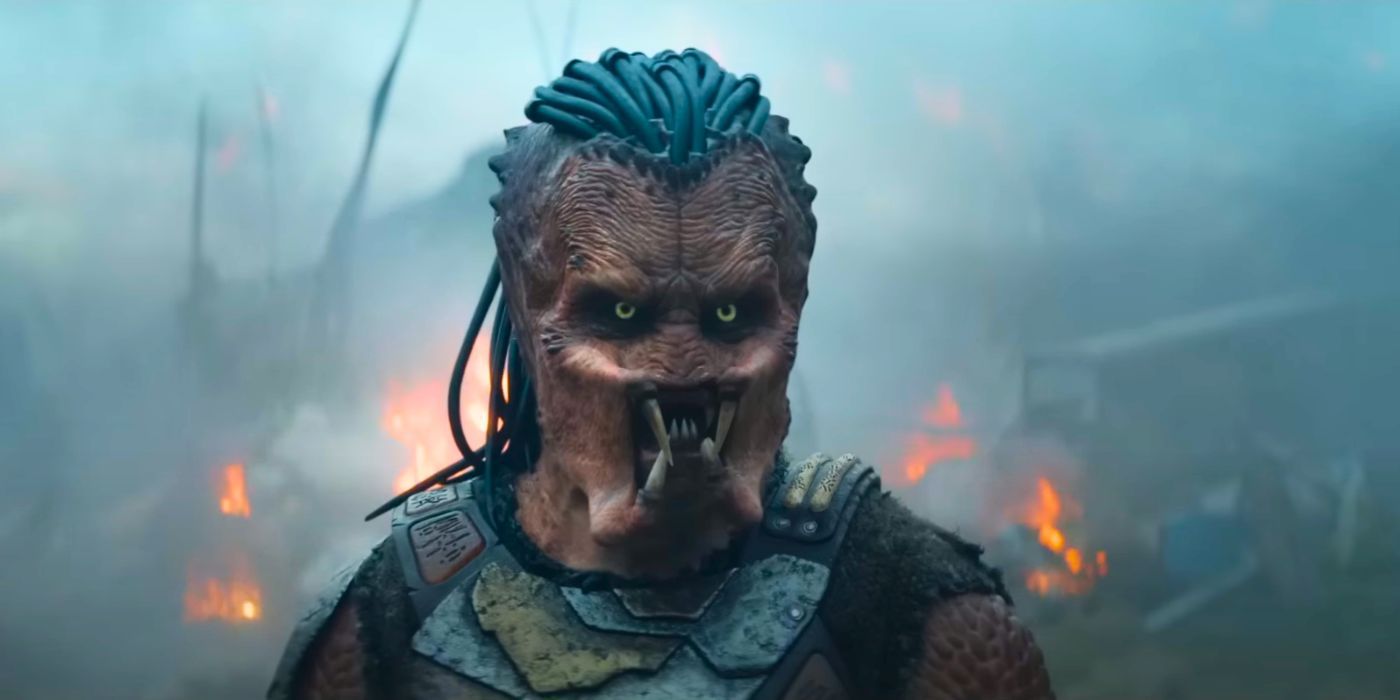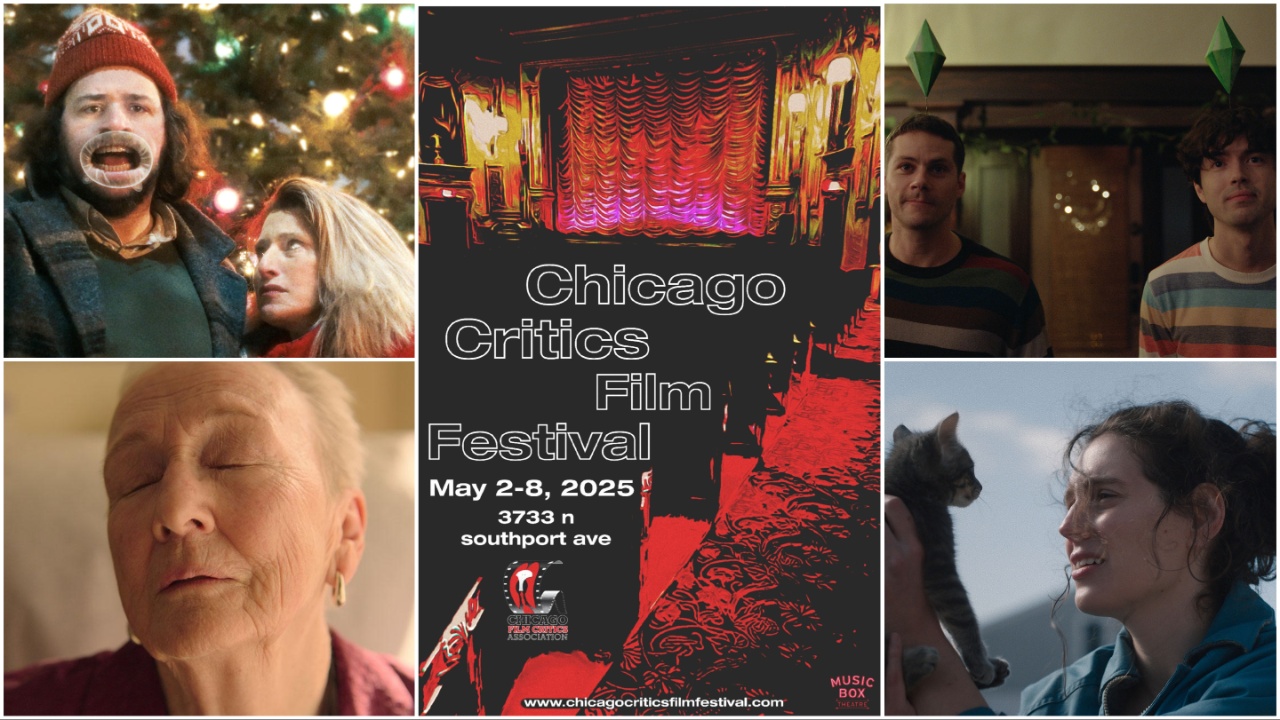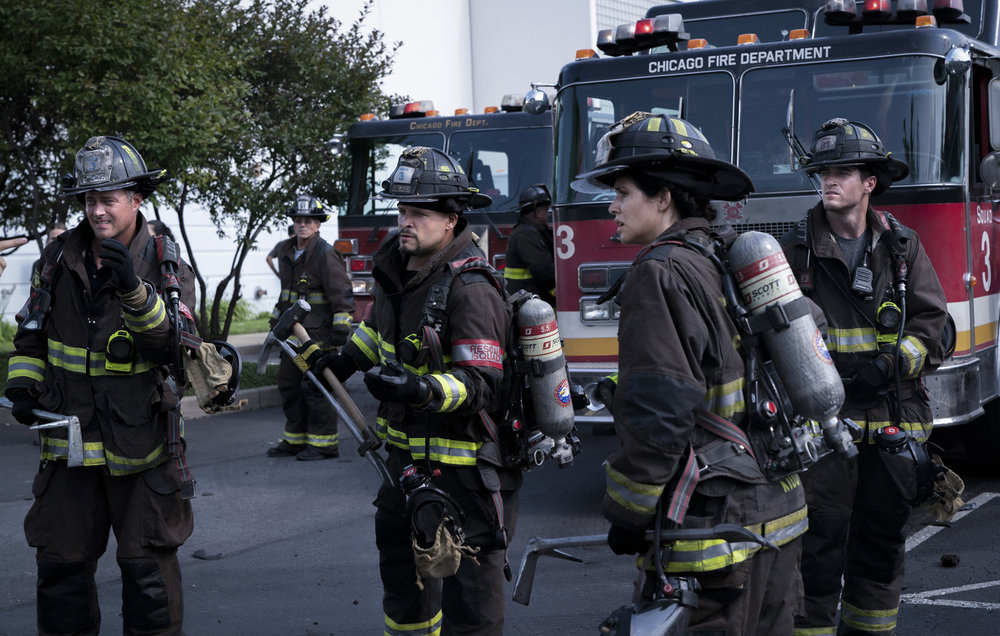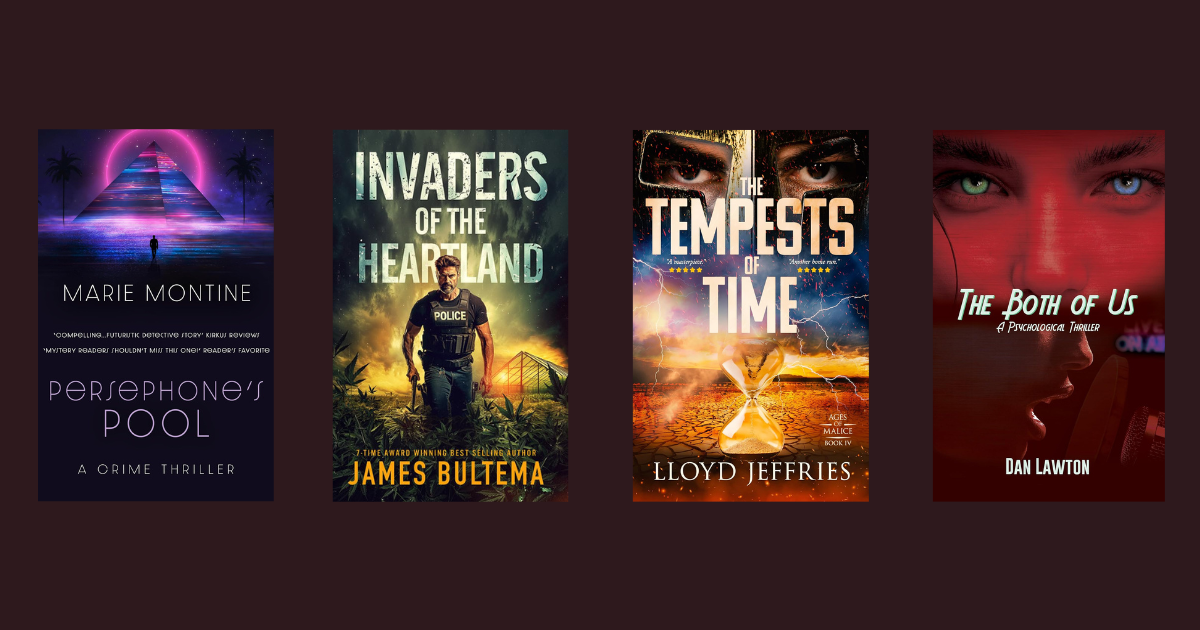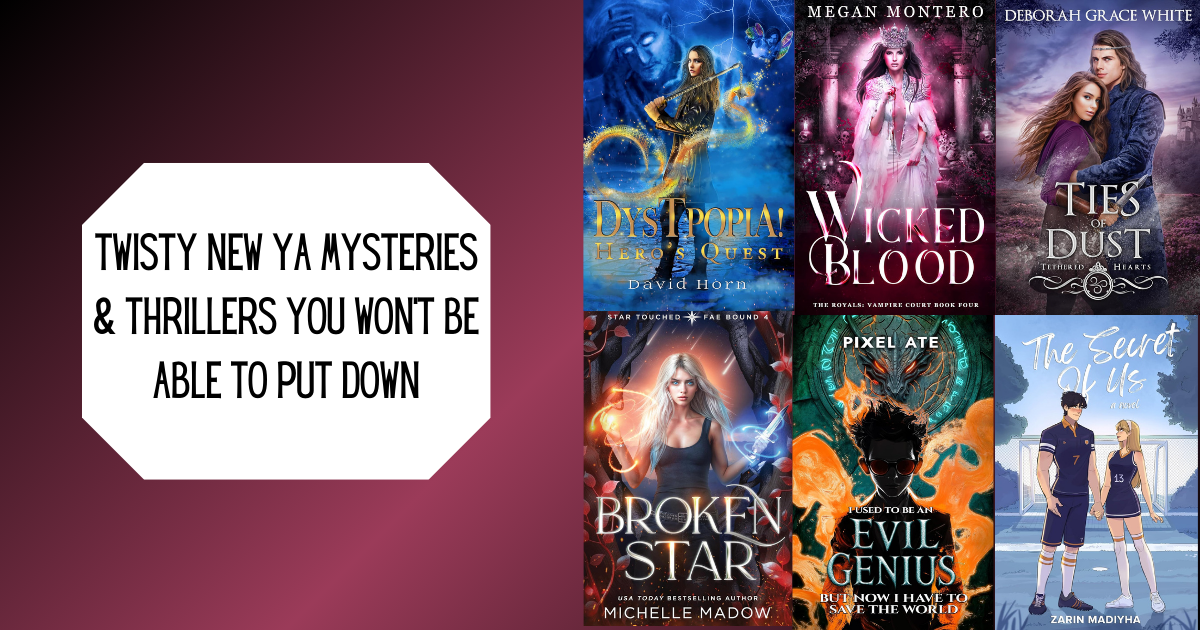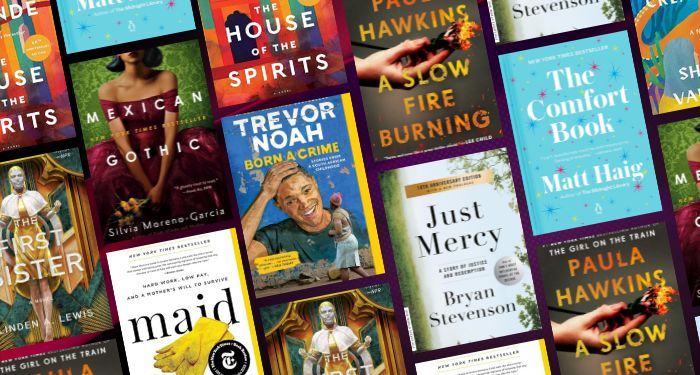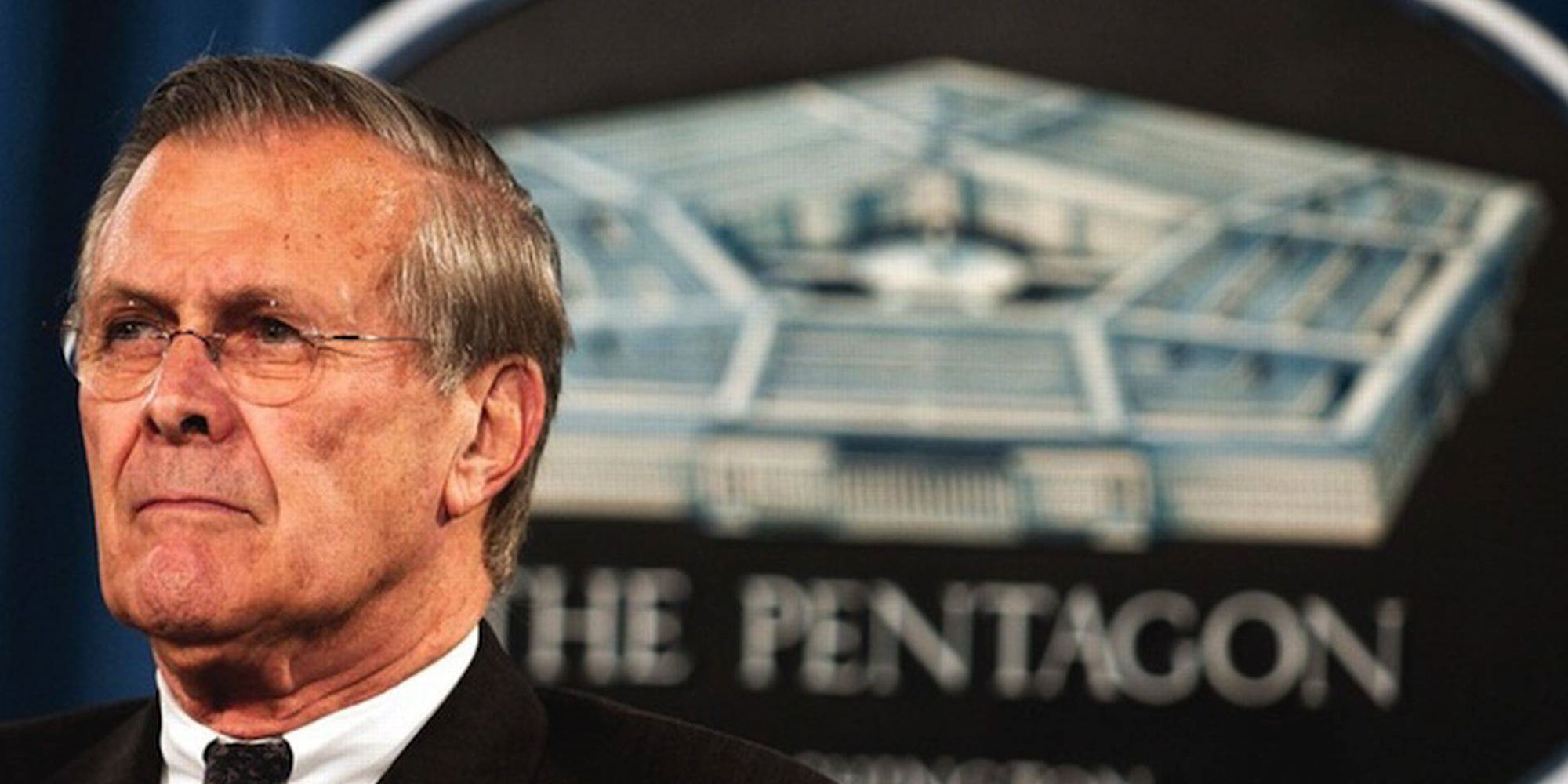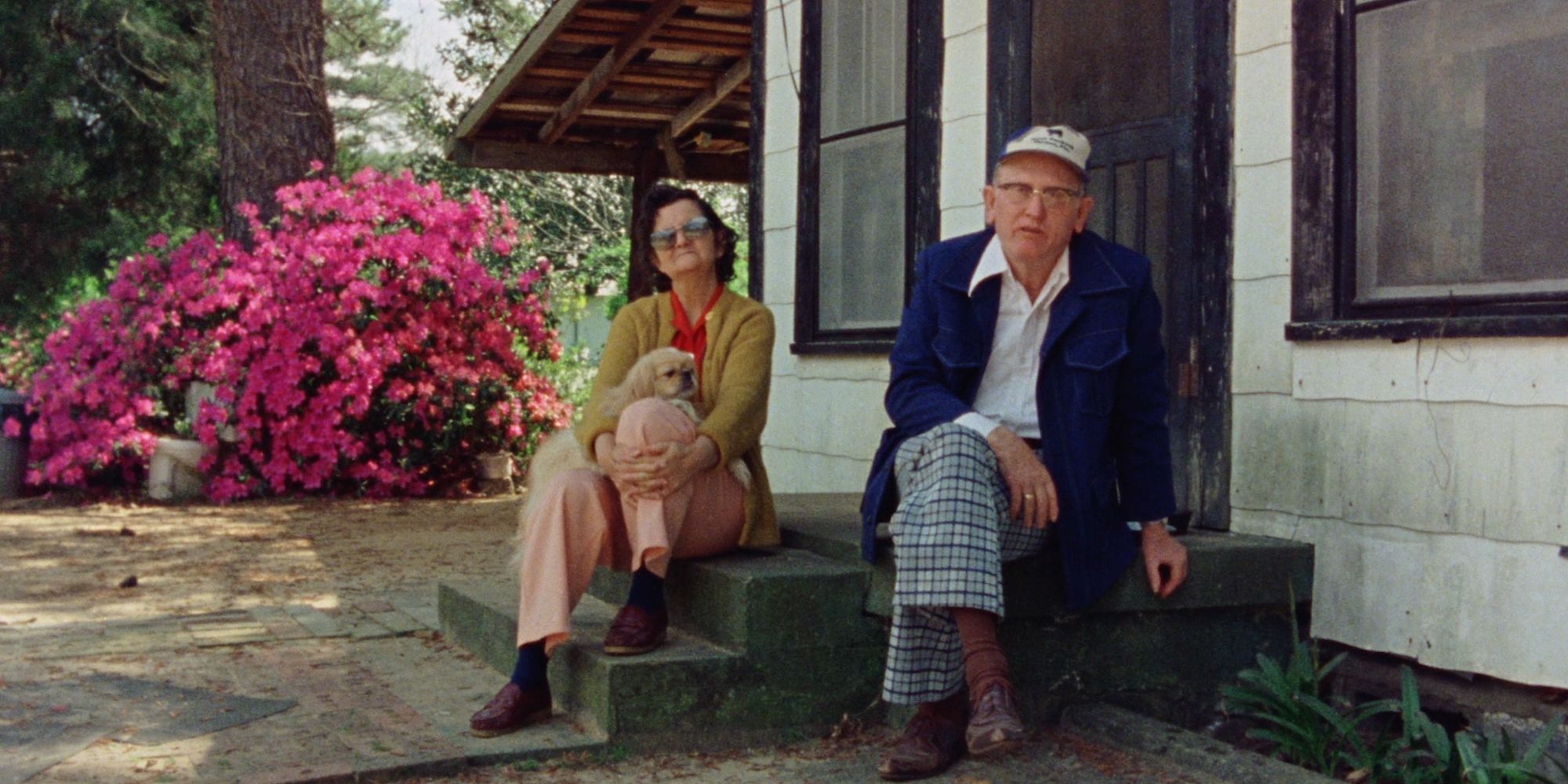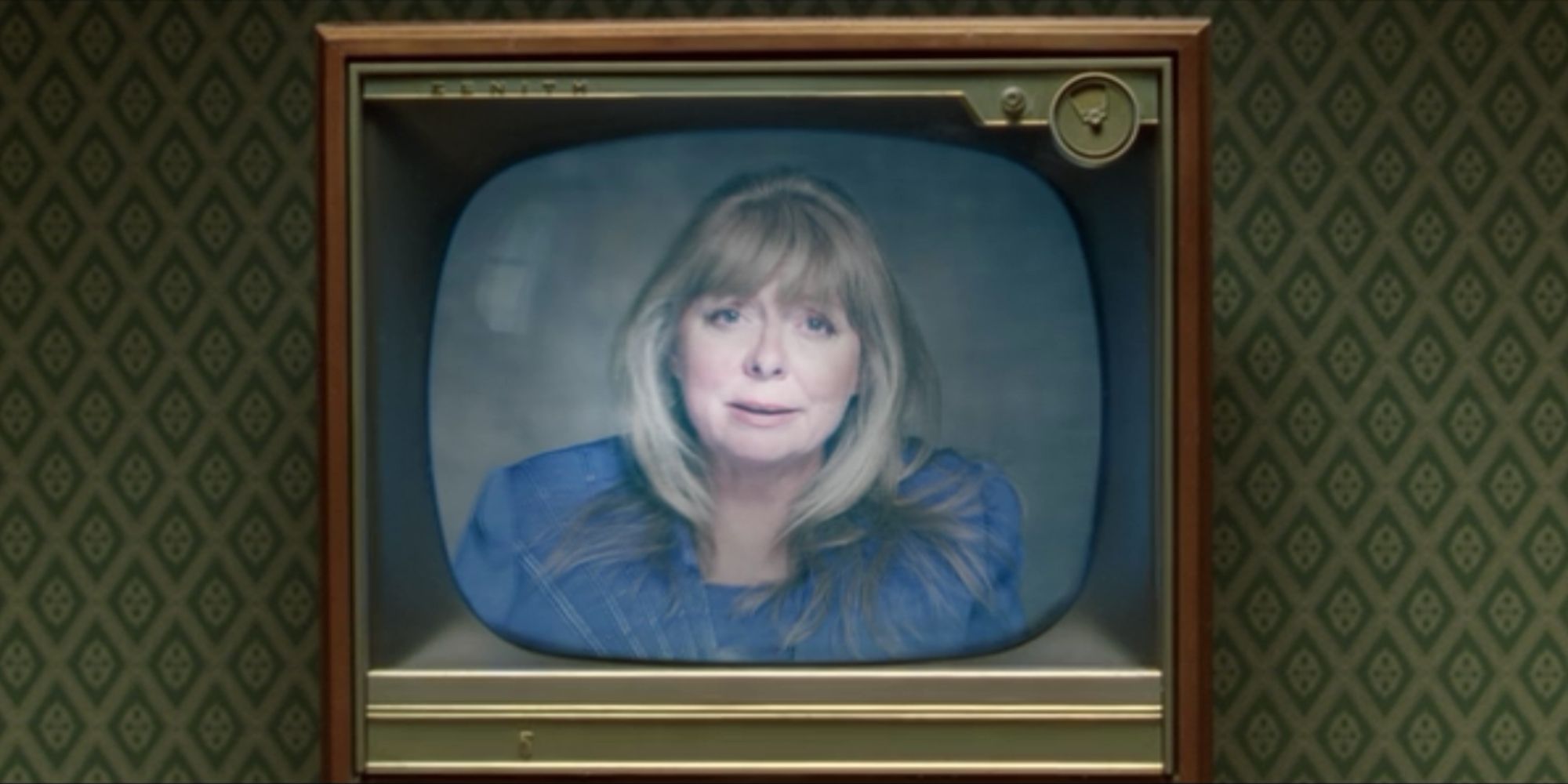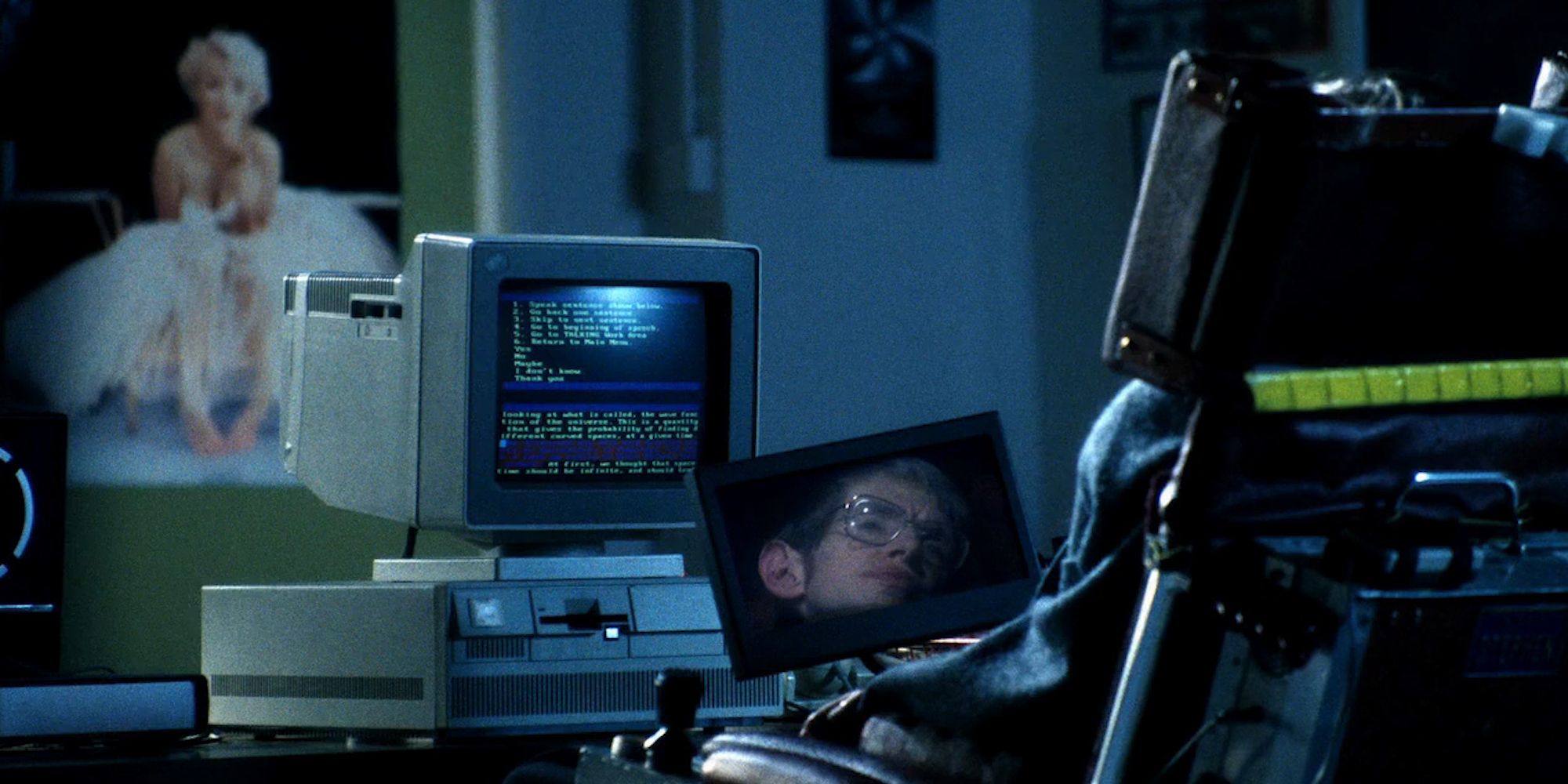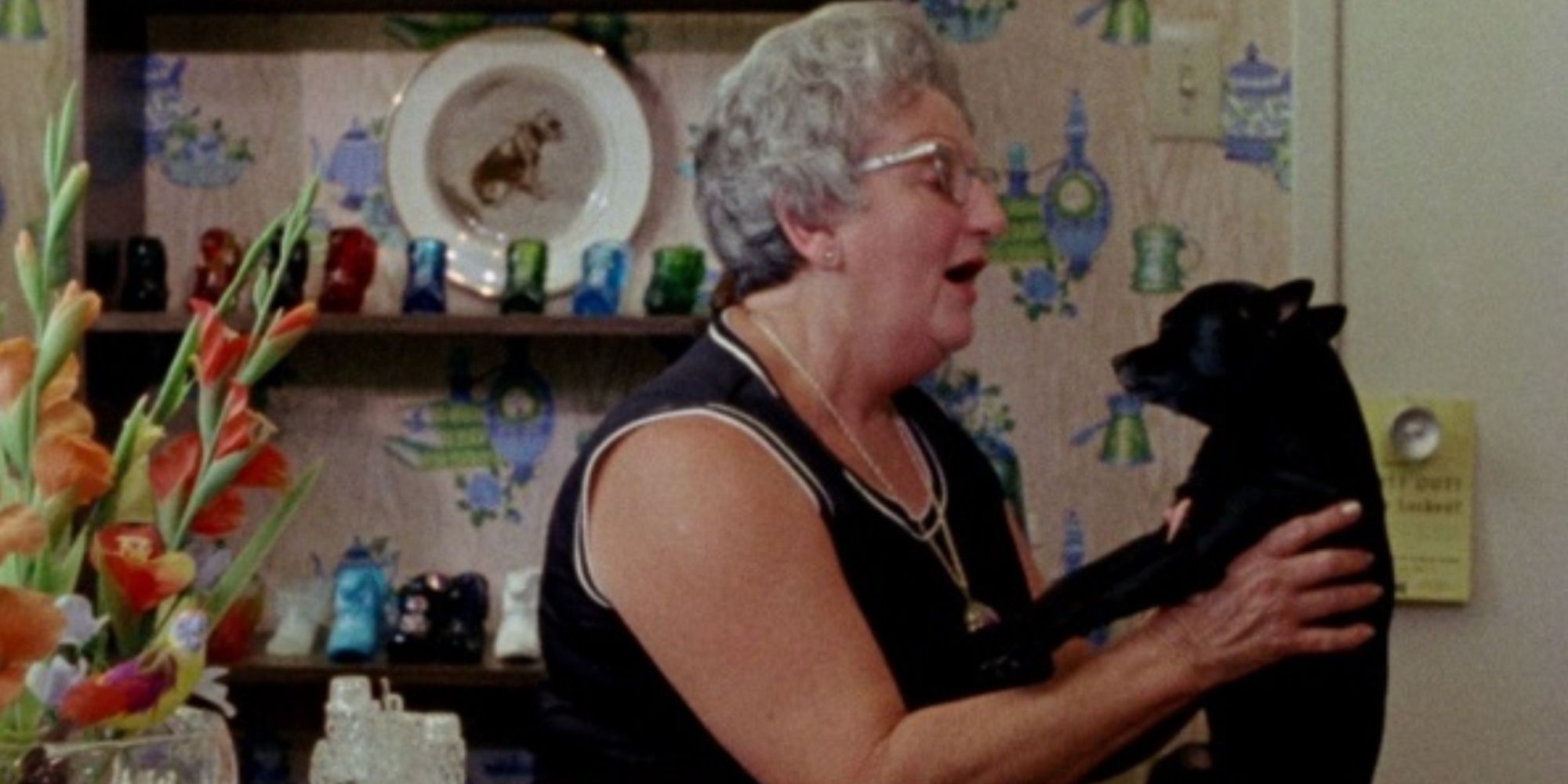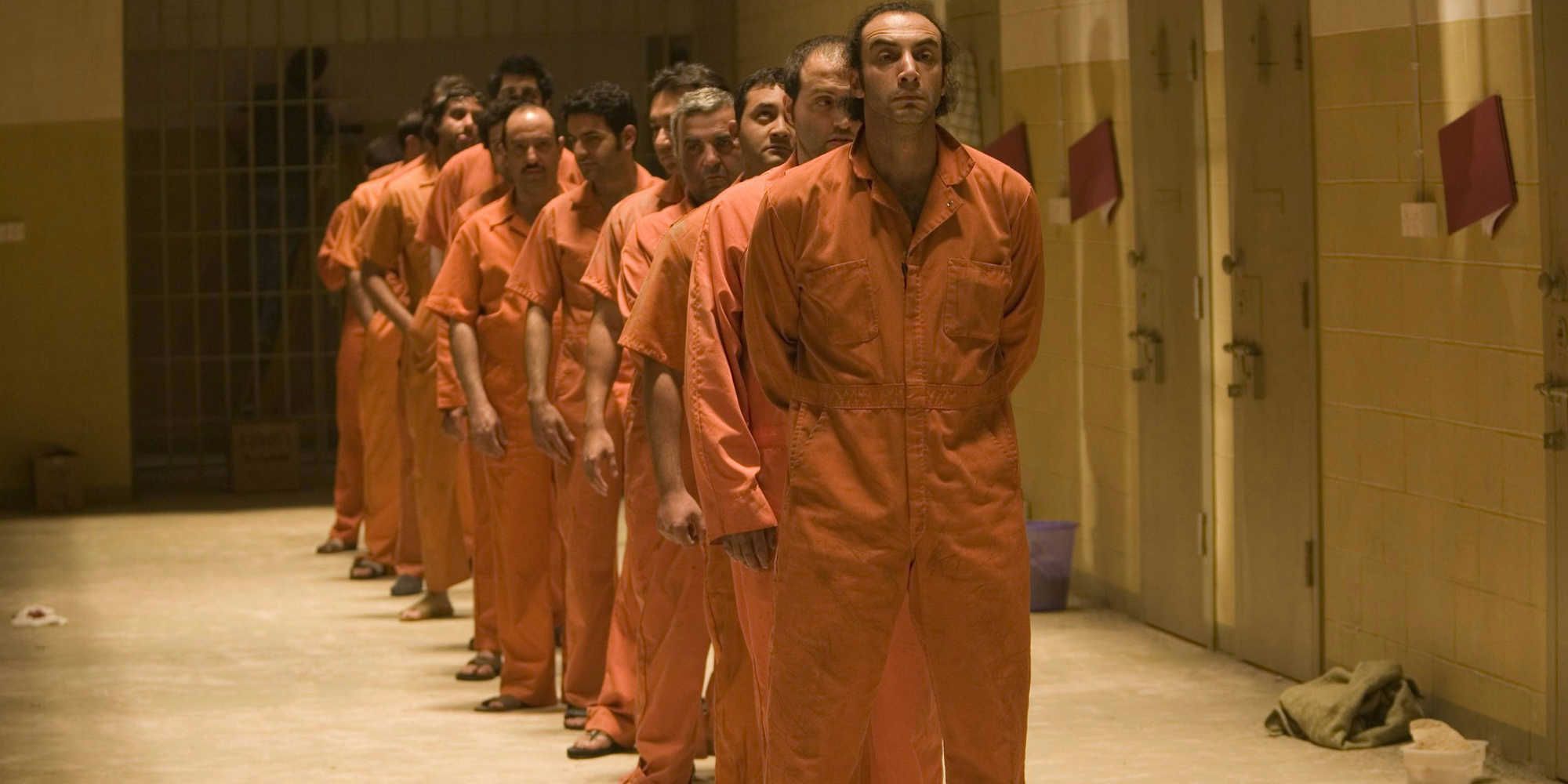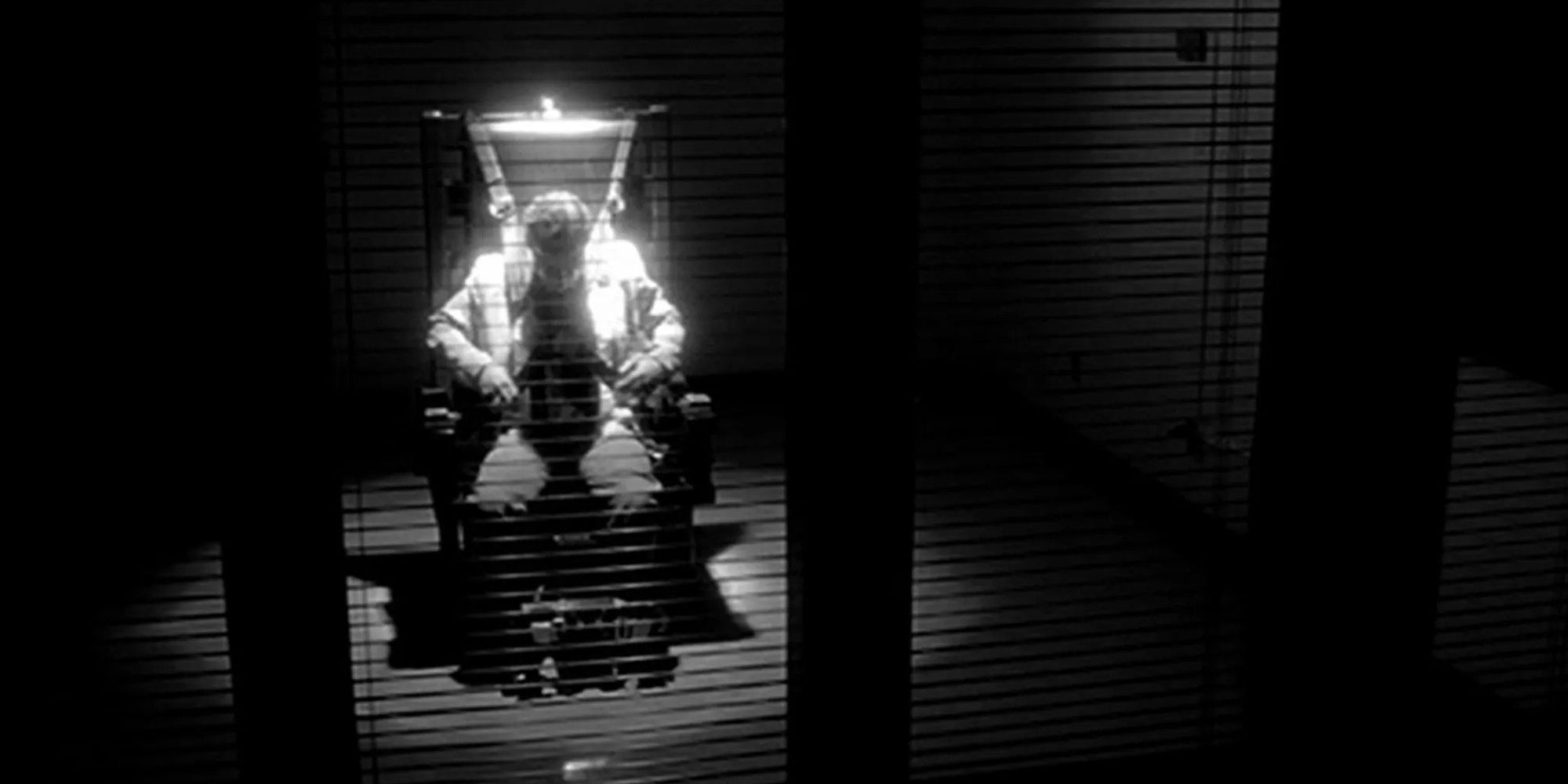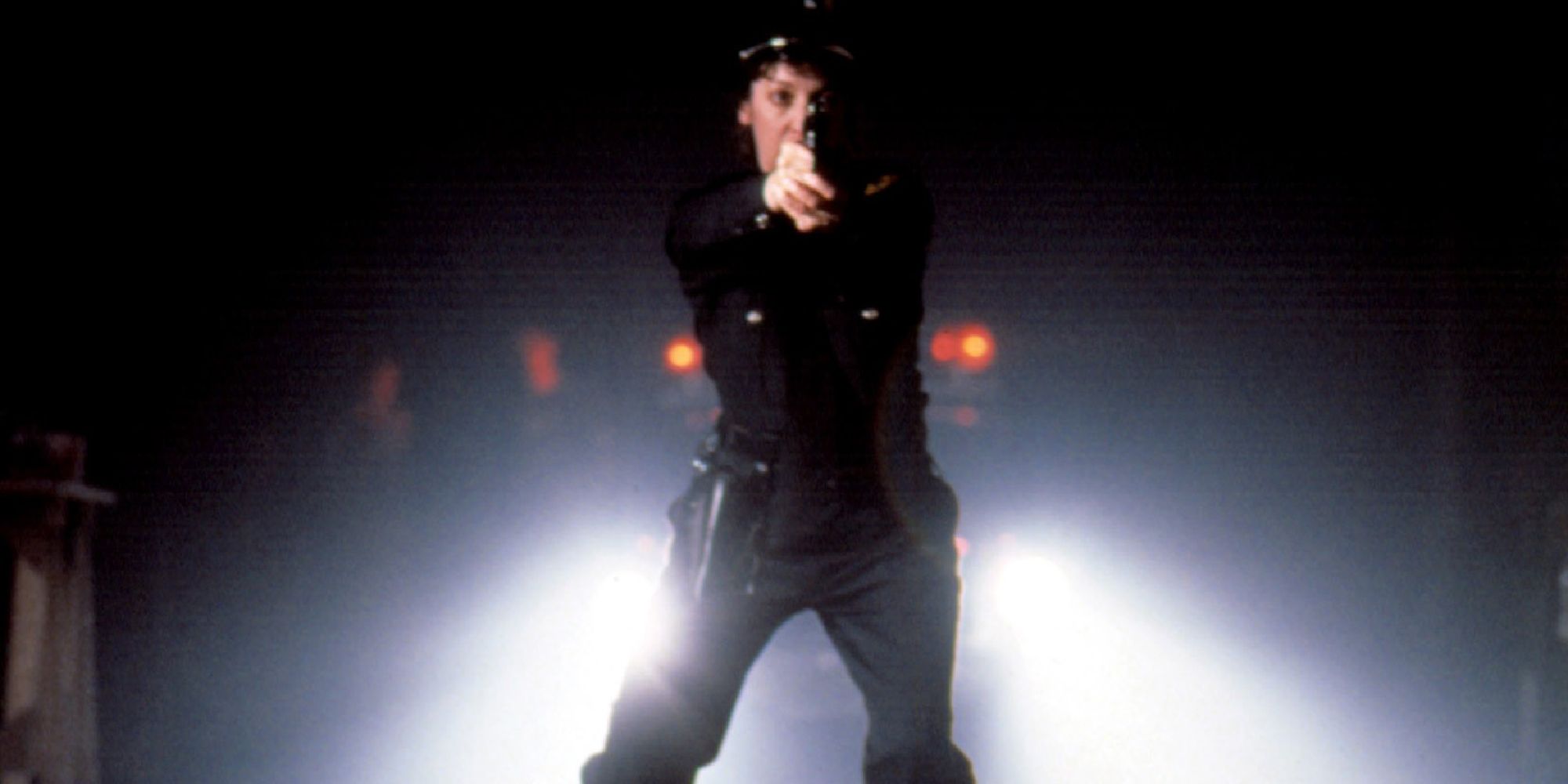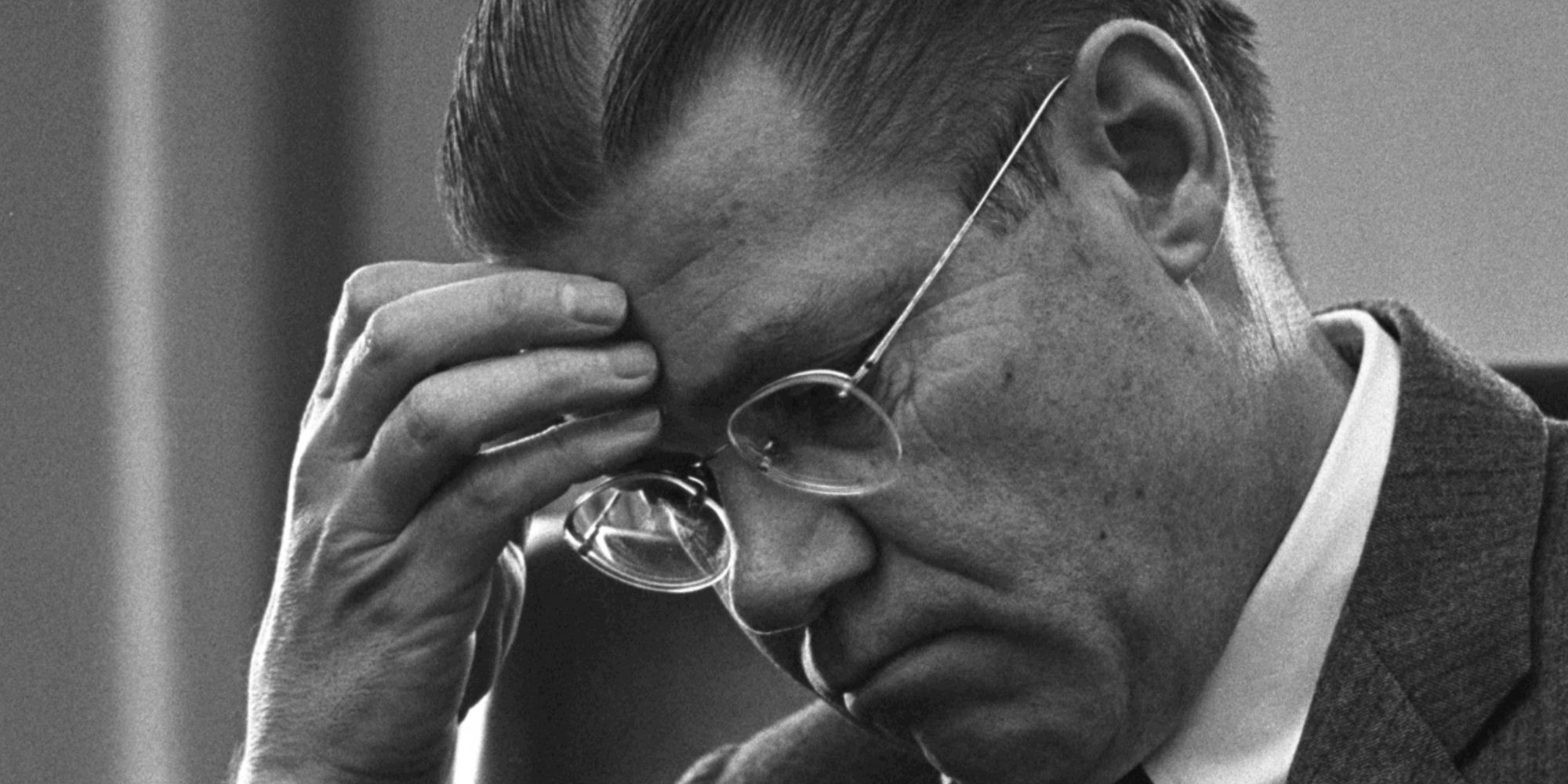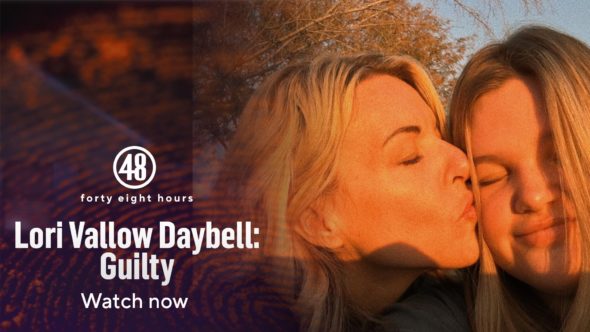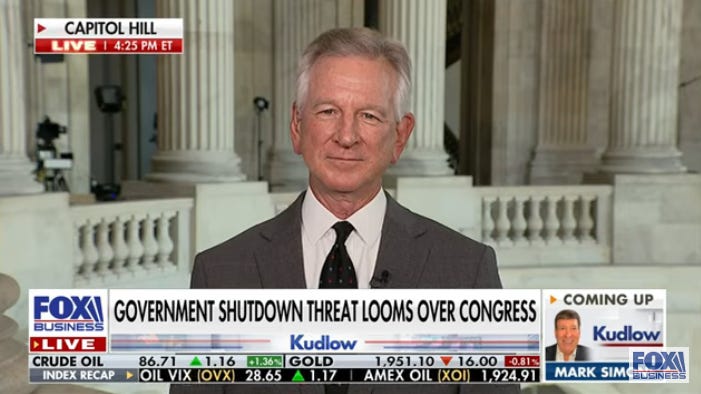Errol Morris is one of the preeminent documentary filmmakers in the history of film. He has made 21 feature films over the last five decades and shows no signs of slowing down any time soon. Several of his projects were groundbreaking and influential, like Gates of Heaven, a deep dive into the world of pet cemeteries, and The Thin Blue Line, a true crime doc that had sweeping real-world implications. He tends to focus on quirky individuals and controversial topics; death, in particular, is a common subject in his work.
A creative storyteller, Morris pioneered the use of several documentary techniques, like reenactments and shooting interviewees in such a way that they simultaneously look directly at the interviewer and the camera. He’s particularly great at interviewing and manages to elicit fascinating, sometimes even shocking, responses from his subjects. These are the best of Morris’s films, as ranked by the users of IMDb.
10 ‘The Unknown Known’ (2013)
IMDb: 7.0/10
This documentary is a deep dive into Donald Rumsfeld, the former United States Secretary of Defense who served under Gerald Ford and then again under George W. Bush. The film takes its title from Rumsfeld’s infamous phrase, referring to the uncertainties that characterized the Iraq War and the search for weapons of mass destruction. He said that, in the fog of war, there are known knowns, known unknowns, unknown unknowns, and unknown knowns.
Morris employs his trademark interviewing style, asking tough questions and eliciting some occasionally startling answers from Rumsfeld. In total, he spent thirty-three hours talking to Rumsfeld, which he whittles down to just their most interesting exchanges. The movie also examines the copious memos Rumsfeld authored while in office, covering everything from Watergate and Guantánamo Bay to torture and the definition of the word ‘terrorism’. The result is a thought-provoking and, at times, unsettling glimpse into the mind of one of the key architects of recent American foreign policy.
9 ‘Vernon, Florida’ (1981)
IMDb: 7.0/10
Vernon, Florida is Morris’s study of the quirky residents of a small city, whose population numbered just 690 in 2018. Morris initially headed to Vernon with the idea of making a very different documentary about outlandish schemes to collect insurance money, but soon became fascinated by the locals and decided to focus on them instead. He spent a year living in Vernon, interviewing various colorful characters, like a group of turkey hunters and a local cop who seems to know more about cop shows than actual policing.
Morris interviews the people of Vernon at their homes and places of work, simply listening as they explain their lives, dreams, philosophies, and, in one memorable instance, their thoughts on turtles and possums. Vernon, Florida breezes by at just 55 minutes long, but it’s jam-packed with eccentricity. Morris doesn’t make fun of these people but rather focuses on their humanity. The interviews are entertaining on their own but, taken together, they make for a vivid snapshot of a sleepy town that turns out to be far more interesting than one might first imagine.
8 ‘Tabloid’ (2010)
IMDb: 7.0/10
This surreal documentary focuses on the sensational case of Joyce McKinney, a former beauty queen who, in the 1970s, was accused of kidnapping and raping Kirk Anderson, a Mormon missionary in England. The story made headline news in the British tabloids and caused a media storm. Through it all, McKinney maintained her innocence and professed her love for Anderson. In the film, Morris considers the various conflicting accounts of the events, leaving the viewer to make up their own mind.
The most impressive part of Tabloid is how Morris gets his subjects to talk. McKinney and others, including her alleged accomplice K.J. May and several journalists who covered the story, spoke at length during the interviews. They go into surprising amounts of detail and seemingly feel comfortable opening up about some of the most shocking moments in their lives. It’s a testament to Morris’s talent as an interviewer that he’s able to elicit these stories on camera.
Tabloid
- Release Date
- September 1, 2010
- Cast
- Joyce McKinney , Peter Tory , Troy Williams , Jackson Shaw , Kent Gavin , Dr. Hong
- Rating
- NONE
- Runtime
- 87
- Main Genre
- Documentary
- Genres
- Documentary
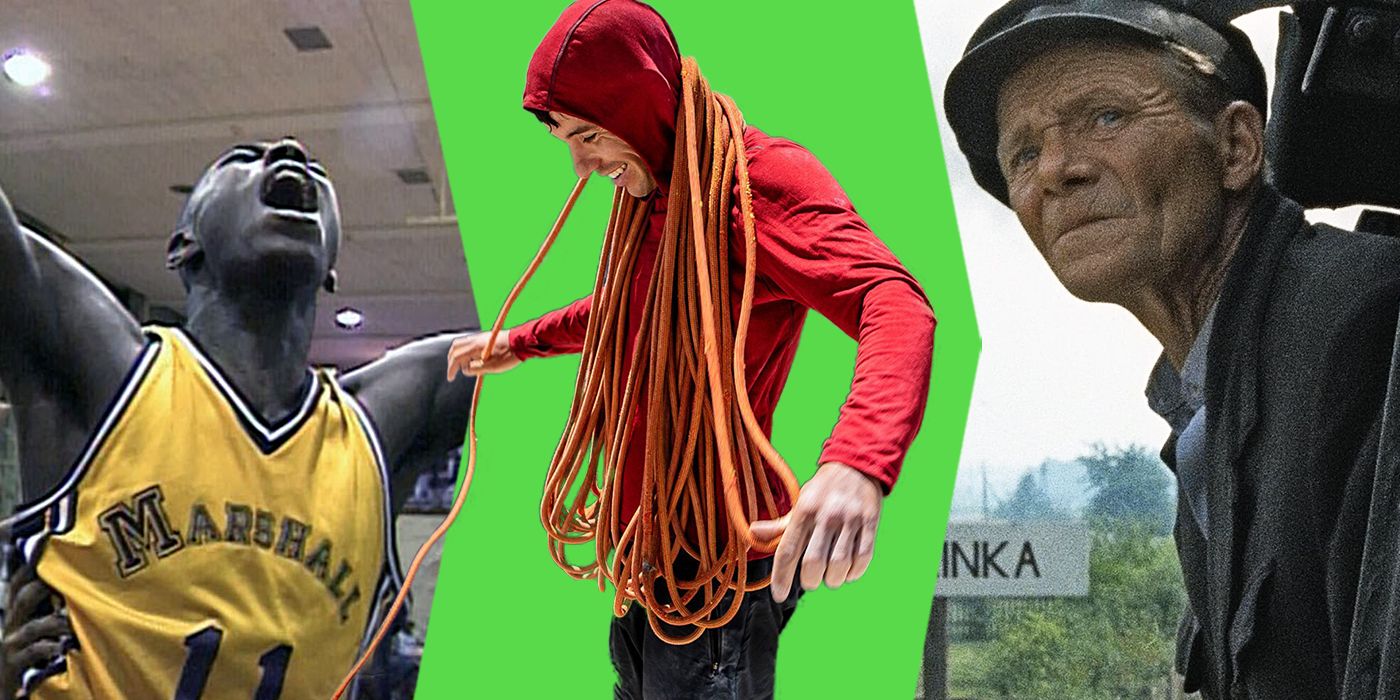
The 30 Best Documentaries of All Time, Ranked
From Grizzly Man to Hoop Dreams to Free Solo, this is Collider’s ranking of the greatest documentary movies ever made.
7 ‘Fast, Cheap & Out of Control’ (1997)
IMDb: 7.1/10
Fast, Cheap & Out of Control centers on several quirky individuals: a lion tamer, an MIT robotics scientist, an expert on naked mole rats, and a skilled topiary gardener. Through interviews, the film examines their professional and personal lives. Morris engages with his subjects via the Interrotron, a camera setup that allows the interviewee to maintain eye contact with the interviewer while looking directly into the camera.
The film is also visually striking, thanks to fantastic work by cinematographer Robert Richardson, who would go on to collaborate with filmmakers like Martin Scorsese and Quentin Tarantino. He shot everything on 35mm film and Super 8, to make the project look raw and low-res. This footage is then mixed with archival material related to the subjects’ jobs, which emphasizes the subjects’ narration or casts it in a different light. The movie is frequently funny, but a sense of melancholy pervades the whole thing as well.
6 ‘A Brief History of Time’ (1991)
IMDb: 7.3/10
A Brief History of Time is a biography of theoretical physicist Stephen Hawking that also explains some of his key theories. Morris uses interviews and graphics to make these dense subjects a little more accessible and draws connections between Hawking’s ideas and his life. Along the way, he speaks with various scientists, as well as Hawking’s family members and former classmates. This is complemented by a beautiful (and appropriately spacey) score by minimalist composer Philip Glass.
Hawking was a remarkable individual, not only due to his intellect but also his wit and indomitable spirit, even as he faced increasing difficulties as a result of his ALS. His character shines through in the film, even if it could have dug a little deeper into both his story and his revolutionary theories. Nevertheless, Morris deserves kudos for his attempt to make tough ideas around space, time, black holes, and the origin of the universe even a little more digestible.
5 ‘Gates of Heaven’ (1978)
IMDb: 7.3/10
Gates of Heaven was Morris’s first feature and what a remarkable debut it is. It’s an exploration of the pet cemetery business, focusing on two California pet cemeteries and the people connected to them. The film delves into the stories of pet owners, cemetery operators, and the emotional connections between humans and their beloved animal companions. Morris’s approach is characteristically patient and observational, allowing the subjects to share their thoughts and feelings in an unfiltered manner.
It’s only 83 minutes long, but Gates of Heaven is filled to the brim with food for thought. By turns funny, silly, ironic, and sad, it’s fundamentally a film about mortality, grief, and love. The doc is also notable for the wager made between Morris and director Werner Herzog during its production. Herzog said that if Morris ever finished the film and screened it in a public theater, he would eat his own shoe. When Gates of Heaven was released, Herzog stuck to his word and consumed a pair of his shoes, an event which itself became the subject of the documentary short Werner Herzog Eats His Shoe.

The 10 Highest Grossing Documentaries of All Time, Ranked
Never underestimate a documentary.
4 ‘Standard Operating Procedure’ (2008)
IMDb: 7.4/10
“You don’t see outside the frame.” In 2004, CBS published photos taken at the then-American-run Abu Ghraib prison in Iraq, which showed inmates being mistreated and tortured by military personnel. Some of the images went viral, and have become symbols of the dark side of the Iraq War. Standard Operating Procedure examines that scandal in detail via interviews with the soldiers directly involved as well as reenactments of their accounts. Morris raises questions about the nature of the photos, as well as who was ultimately responsible for the abuses they depict.
This was an explosive and challenging subject to engage with, but Morris has the directorial skill to handle this shocking episode sensitively. The film was still controversial in some circles, of course, but it was also acclaimed, being named by several publications as one of the best movies of 2008. It was part of the first wave of documentaries taking a critical eye to the conflict in Iraq, and its reputation as a monumental and unflinching work is likely to only grow in the years to come.
Standard Operating Procedure
- Release Date
- February 12, 2008
- Cast
- Megan Ambuhl Graner , Javal Davis , Ken Davis , Anthony Diaz , Tim Dugan , Lynndie England
- Rating
- R
- Runtime
- 118
- Main Genre
- Documentary
- Genres
- Documentary , Crime , War
- Tagline
- The war on terror will be photographed.
3 ‘Mr. Death: The Rise and Fall of Fred A. Leuchter, Jr.’ (1999)
IMDb: 7.5/10
Mr. Death is another investigation of grim subject matter, this time revolving around Fred A. Leuchter, Jr., an engineer who consulted with prisons and designed execution devices. His career came to a swift end, however, after he began publicly denying the Holocaust. Leuchter’s crackpot theories, though easily disproved, became popular among some neo-Nazis. The film is a character study that paints a picture of a bumbling man utterly lacking in historical awareness or self-knowledge. Nevertheless, rather than simply critique him, Morris attempts to understand why Leuchter held the views that he did.
As with many of Morris’s movies, Mr. Death was both controversial and critically praised. A key idea raised here concerns the ethics of capital punishment, and Morris draws uncomfortable parallels between the practice and some of history’s worst atrocities. Mr. Death is yet more proof of Morris’s fearlessness as a documentary maker. He seems to seek out the kind of topics that most other filmmakers would run from.
2 ‘The Thin Blue Line’ (1988)
IMDb: 8.0/10
While researching another film, Morris interviewed Randall Dale Adams, a man on death row in Texas for the murder of a police officer. Adams insisted he was innocent and, after looking into the case, Morris and his team became convinced that he was telling the truth. Via interviews, investigation, and reenactment, Morris sets out the case in this film that Adams was wrongfully convicted. Morris systematically exposes the flaws in the prosecution’s case and reveals inconsistencies in several witnesses’ testimony. As a result of the film, Adams’s conviction was overturned. When the district attorney declined to prosecute the case again, he was released from prison.
The Thin Blue Line is famous for not only describing a criminal case but influencing its outcome. It also received praise for its noir aesthetic, unusual for a documentary, as well as its reenactments (although some critics found them to be inappropriate for the documentary format). It is now widely considered a masterpiece and one of the greatest documentaries ever made.
1 ‘The Fog of War’ (2003)
IMDb: 8.1/10
Ten years before he interviewed Donald Rumsfeld, Morris made a documentary about another U.S. Secretary of Defense. Robert S. McNamara held the post during the Vietnam War and was an early proponent of sending US troops to that country. However, he later became skeptical of committing American soldiers there and resigned. The Fog of War chronicles his life and views on warfare. The film draws on archival footage and recordings of conversations between government officials in the 1960s, along with new interviews between Morris and McNamara.
Morris deploys his distinctive interviewing style to engage McNamara in candid and reflective conversations about his role in shaping American military policy. A key part of the movie are the eleven lessons Morris derives from his conversations with McNamara. They include points like “Empathize with your enemy” and “You can’t change human nature”. In the process, The Fog of War attempts to shine light not just on McNamara’s thinking but more broadly on the mechanics of government and the factors that influence American foreign policy.








